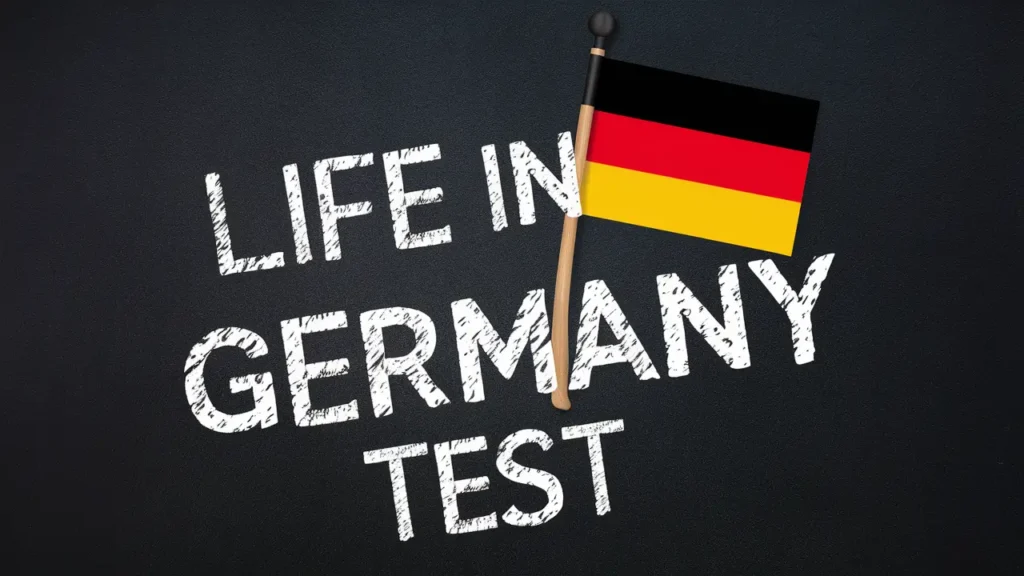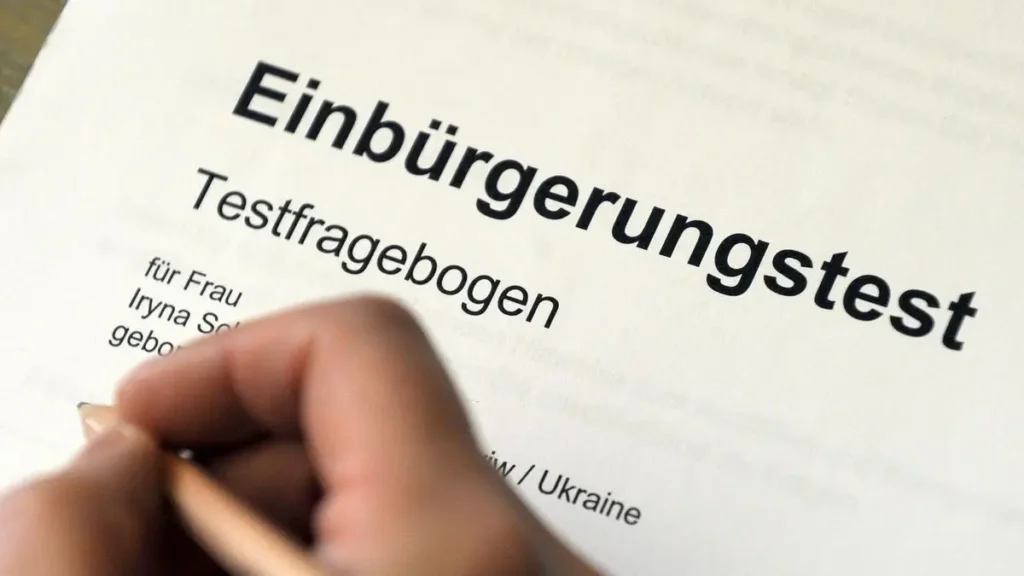Are you a Blue Card holder? Germany has significantly reformed its citizenship law, with changes coming into effect in 2024. This update has important implications for Blue Card holders aspiring to become German citizens. Let’s explore these new requirements and how they affect the path to German citizenship.
What is the EU Blue Card?
The EU Blue Card is a work and residence permit for highly-skilled non-EU nationals. It’s valid in Germany and most EU countries, requiring a university degree and a job offer with a minimum salary threshold.
Key Changes in the 2024 Citizenship Law
The new law has made several significant changes:
- Reduced residency requirement
- Dual citizenship allowed
- Simplified language requirements
- Streamlined integration criteria
Let’s break these down in more detail.
New Requirements for German Citizenship (2024)
| Requirement | Old Law | New Law (2024) |
|---|---|---|
| Residency Period | 8 years (6-7 for Blue Card holders) | 5 years (3 years for special integration achievements) |
| Dual Citizenship | Generally not allowed | Allowed for all |
| Language Proficiency | B1 level | B1 level (with exceptions) |
| Integration | Citizenship test required | Commitment to free democratic basic order |
| Financial Independence | Must be able to support oneself | Unchanged |
Residency Period
The most significant change is the reduction in the required residency period.
Blue Card holders can now apply for citizenship after just 3 years if they can demonstrate special integration achievements, such as exceptional language skills, professional achievements, or voluntary work.
Dual Citizenship
The new law allows dual citizenship for all applicants. This is a major change that benefits many Blue Card holders who previously had to choose between their original citizenship and German citizenship.
Language Requirements
While B1 level German is still the general requirement, the new law provides more flexibility:
- B1 level is still the standard requirement
- Exceptions can be made for those aged 67 and older, or those with learning difficulties
- Higher language skills (B2 or above) can contribute to the “special integration achievements” that allow for a shorter residency period
Integration Criteria
The citizenship test has been replaced with a commitment to the free democratic basic order of Germany. This change simplifies the process while ensuring applicants understand and agree with fundamental German values.
The Updated Application Process
- Check eligibility: Ensure you meet the new residency and integration requirements.
- Gather documents: Collect necessary paperwork, including your Blue Card, passport, birth certificate, language certificate, and proof of income.
- Demonstrate integration: Prepare evidence of your integration into German society, including language skills and any special achievements.
- Submit application: File your application at the local citizenship office (Einbürgerungsbehörde).
- Interview: Attend an interview at the citizenship office.
- Wait for decision: Processing times may vary. (understand the difference between waiting and processing time)
- Citizenship ceremony: If approved, attend a ceremony to receive your certificate of naturalization.
Comparison: Blue Card Advantages
| Aspect | Standard Applicant | Blue Card Holder |
|---|---|---|
| Minimum Residency | 5 years | 3-5 years |
| Language Requirement | B1 | B1 (B2 or higher can reduce waiting time) |
| Job Requirement | Stable employment | Highly skilled employment |
| Fast-track Option | No | Yes, with special integration |
The 2024 German citizenship law has made the path to citizenship more accessible for Blue Card holders. Key takeaways include:
- Shorter residency requirements (as low as 3 years for some)
- Acceptance of dual citizenship
- More flexible language requirements
- Simplified integration criteria
These changes reflect Germany’s commitment to attracting and retaining skilled professionals from around the world. For Blue Card holders, the journey to becoming a German citizen is now shorter and more straightforward than ever before.
Remember to consult with the official authorities or an immigration lawyer for personalized advice, as individual circumstances can affect eligibility and the application process.




